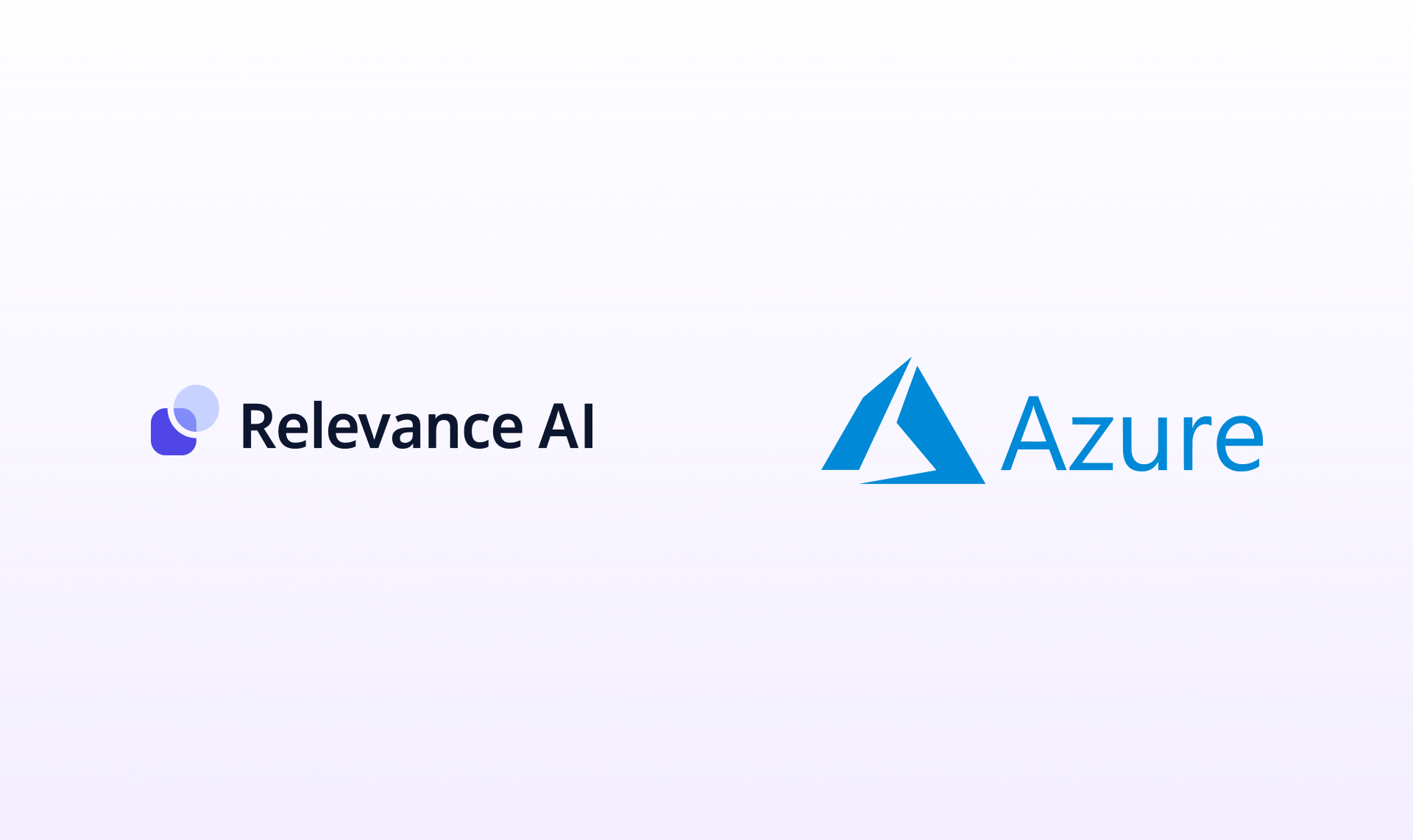
Maximizing Operational Efficiency with AI Co-workers
Artificial Intelligence (AI) has matured into a collection of powerful technologies that are delivering competitive advantage to businesses across industries. But how well are we integrating AI into our business processes? And what role do AI co-workers play in operations?
Understanding the Role of AI Co-workers in Current Operations
Defining AI Co-workers
AI co-workers, also known as AI agents, are computer programs or systems that perceive their environment, make decisions, and act to achieve specific goals. They operate autonomously, not requiring direct control from a human operator. A self-driving car is a perfect example of an AI agent. But how are these AI agents being used in various sectors?
AI Co-workers Across Various Sectors
AI agents are now being used to automate tasks in various sectors, including healthcare, operations and production management, retail, defense and security, banking and finance, and human resource management. However, the collaboration with AI is possible in multiple ways across sectors and the size of the benefit depends on the specific collaboration concept.
Predicting the Future of AI Co-workers in Operations
The AI Workforce of 2025 and Beyond
The future of AI co-workers in operations looks promising. By 2025, every leading company is expected to have hired at least one AI employee and by 2030, 45% of the workforce will be the AI workforce. But what does this mean for human workers?
The Need for Training and Upskilling in the AI Era
AI agents are expected to take over tasks formerly performed by human workers, leading to increased operational efficiency. However, the transition to an AI workforce requires ongoing training, upskilling, and reskilling of human workers. This is crucial to ensure that workers can work with intelligent systems and deliver measurable results from these systems.
Implications of Integrating AI Co-workers in Operations
Benefits of AI Co-workers in Operations
The implications of AI co-workers in operations are profound. AI agents can automate repetitive and time-consuming tasks, freeing up human workers to focus on more unique and important work. This can lead to increased productivity and operational efficiency. But what challenges do companies face when integrating AI?
Challenges in AI Integration and the Role of Change Management
However, the integration of AI into a company’s roles and functions can be challenging. Companies often struggle with human resistance and the selection of suitable AI technologies and specific use cases for the application. Therefore, it is crucial for companies to invest in change management experts who can help overcome AI integration hurdles.
Harnessing the Power of AI Co-workers for Operational Efficiency
In conclusion, AI co-workers in operations have the potential to transform the way businesses operate, leading to increased operational efficiency. However, the transition to an AI workforce requires ongoing training, upskilling, and reskilling of human workers. Companies also need to invest in change management experts to overcome AI integration hurdles. As AI continues to evolve, it is expected that AI co-workers will play an increasingly important role in operations, leading to a future where human workers and AI co-workers work in harmony to achieve business goals.
Ready to take the next step? Sign up to Relevance AI, for free, and hire your own AI Agent. Get to value in less than a few minutes. With Relevance AI, you can automate tasks, increase operational efficiency, and transform your business operations. Don't wait, sign up today!









